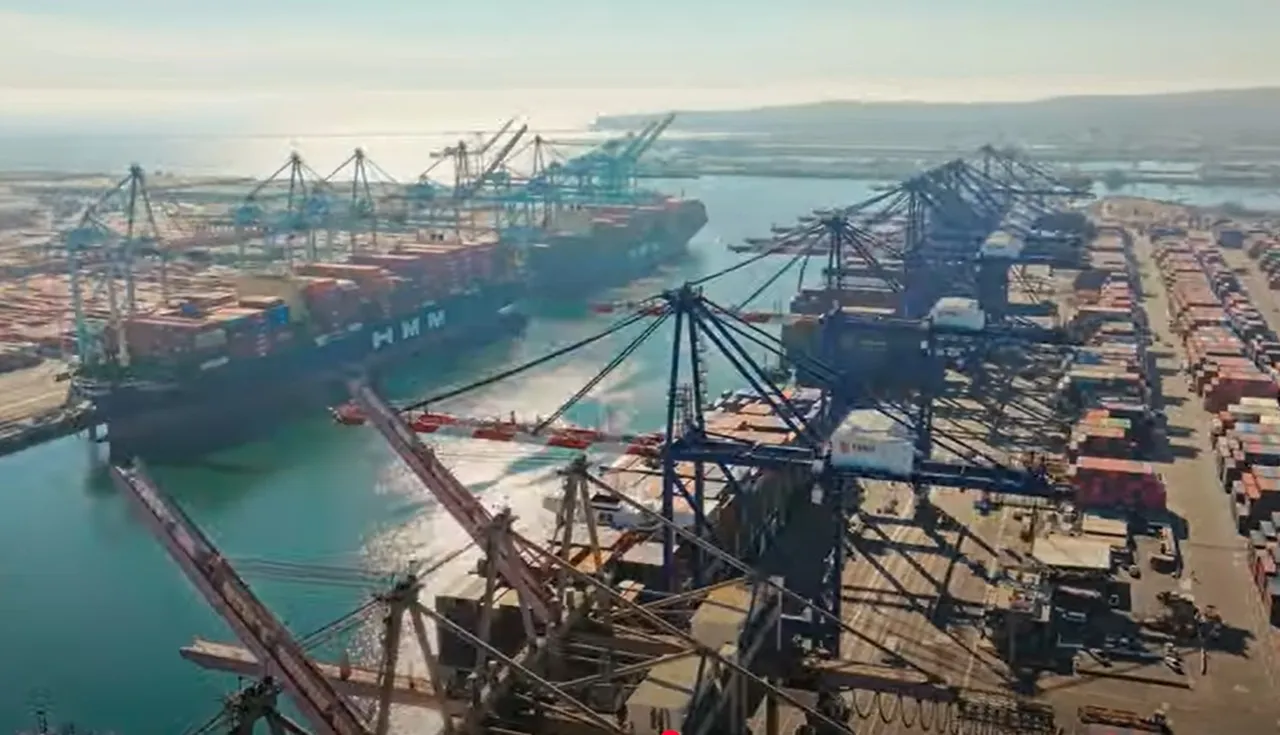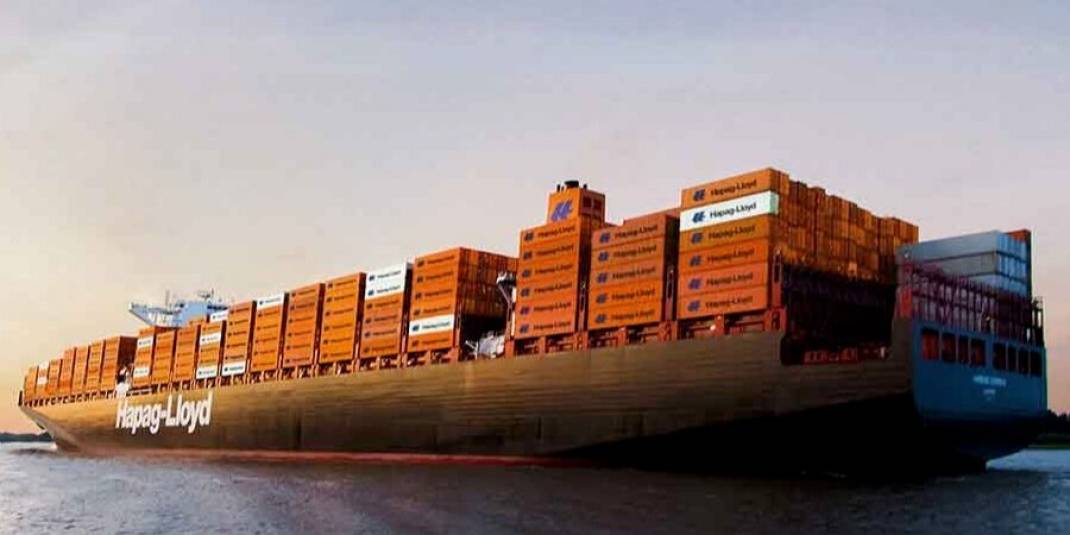Seatrade Maritime: Federal Maritime Commission investigating Flags of Convenience
Those with an interest in non-US flagged vessels are advised to keep an eye on unpredictable FMC actions.
Earlier this summer, observers of the shipping-related scene in Washington, D.C.— decidedly more active during Trump 2.0 than any time in recent memory — watched the Federal Maritime Commission (FMC), which deals with regulation of liner carriers serving the States, cast its eyes towards vessel flagging.
In particular, the FMC explained that it would be closely examining, through a “non-Adjudicatory investigation” the questions of whether vessels registered under “Flags of Convenience” were unfavourably impacting the foreign trade of the States. trades already facing looming disruptions due to tariff-related volume swings. Further in the background, flashbacks of the Dali disaster in Baltimore are on the minds of regulators and cargo shippers; a final report from the National Transportation Safety Bureau (NTSB) on that late March 2024 allision is still several months away.
Now that the period for comments from concerned industry participants has ended, the law firm Norton Rose Fulbright (NRF) has offered a detailed overview of the investigation. The authors of the NRF commentary note that: “As an independent federal agency, the FMC has regulatory rulemaking authority and may implement regulations affecting shipping in foreign trade to address unfavorable conditions that result from foreign laws and competitive methods employed by owners, operators, agents or masters of foreign vessels.”
Related:Maritime in Minutes – August 2025 in review
The lawyers highlight that: In the Order [initiating the investigation], the FMC identified the following unfavourable flagging practices:
• flags of convenience leading to lower safety, environmental and labour standards
• fraudulent ship registrations
• perpetuation of a “shadow fleet”
They say that the FMC might later conduct an investigatory hearing, which could include testimony from witnesses brought by “…subpoenas directing a person to appear to testify or produce evidence for any matter under investigation.” At this point, no plans for an actual hearing have been announced.
In characterising the public comments, of which 40 have been submitted to date, NRF said: “While many comments were generally supportive of the Investigation, others expressed concern regarding the factual accuracy of certain claims made in the order of the Investigation. In its Order, the FMC stated that some foreign nations have engaged in a “race to the bottom” to lower the cost of registering and flagging vessels and that, in doing so, these jurisdictions can no longer ensure the efficiency, reliability and safety of vessels. According to the Order, these practices may endanger the ocean shipping system and could negatively impact US foreign trade such that the development of a comprehensive and enforceable regulatory regime is necessary.”
Related:Dark fleet – IMO cannot regulate ship registration
Not surprisingly, big objections came from the larger registries. NRF’s commentary notes that: “…the Republic of the Marshall Islands Maritime Administrator submitted a comment to refute a specific claim included in the Order that MV Dali ‘was registered in the Marshall Islands and flagged in Singapore, with the Marshall Islands flag being one of the most commonly used flags of convenience,’ asserting this claim as stated in the Order is ‘factually incorrect.’”
They also point to comments from the Liberian Ship Registry, noting that it is the largest flagged oceangoing fleet in the world as measured by gross tonnage. They quote from the Liberian Registry comment that: “…the term ‘flags of convenience’ … has been used as a pejorative short-hand, applied to certain flag state’s registries to imply that because they are open to foreign shipowners that they are used to evade compliance with international rules and norms, and to register vessels cheaply [however], the distinction between those who require national linkage … and those which do not as a short-hand for low cost, poor quality or regulatory evasion, is no longer apt. … today, among the highest-performing vessel registries, are international flags, such as the Liberian Flag as well as the Marshall Islands Flag.”
Related:Negotiating Trump’s tariff maze
The bottom line, if there is one, as explained by NRF, is: “Because it is uncertain what, if any, action the FMC will take at the conclusion of the Investigation, owners, operators, agents and masters of foreign-flagged vessels should continue to monitor the progress of the Investigation and any future updates regarding the Investigation and its outcome from the FMC.”
Related Posts




